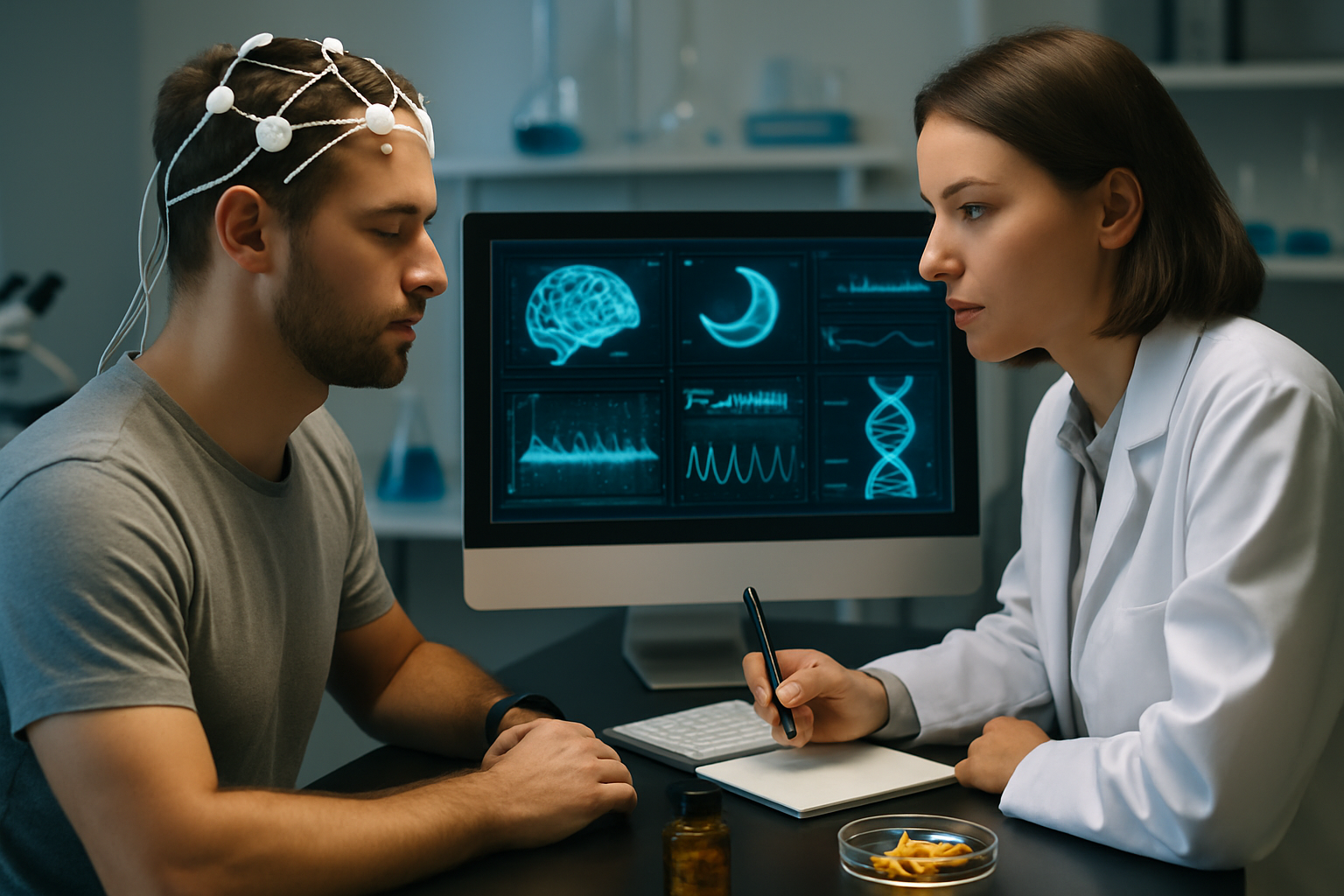Navigating the Maze: Unraveling Alzheimer's Disease
Alzheimer's disease, a progressive neurodegenerative disorder, has become a global health concern affecting millions of lives. This complex condition, first described by German psychiatrist Alois Alzheimer in 1906, continues to baffle researchers and healthcare professionals alike. As our population ages, the prevalence of Alzheimer's is expected to rise dramatically, placing an unprecedented burden on healthcare systems worldwide. Despite extensive research efforts, a cure remains elusive, making early detection and management crucial in improving quality of life for those affected. This article delves into the intricate world of Alzheimer's disease, exploring its causes, symptoms, and the latest advancements in treatment and prevention strategies.

Early Signs and Symptoms
Recognizing the early signs of Alzheimer’s can be challenging, as they often mimic normal age-related changes. However, certain red flags may indicate the onset of the disease. Memory loss that disrupts daily life is typically the first noticeable symptom. This goes beyond occasionally forgetting names or appointments; individuals with early-stage Alzheimer’s may struggle to recall recently learned information or important dates. Other early signs include difficulty planning or solving problems, challenges in completing familiar tasks, confusion with time or place, and problems with visual perception.
Risk Factors and Prevention
While age remains the most significant risk factor for Alzheimer’s disease, research has identified several other potential contributors. Genetic factors play a role, with certain gene mutations increasing the likelihood of developing the condition. Cardiovascular health is also closely linked to brain health, with high blood pressure, high cholesterol, and diabetes all associated with an increased risk of Alzheimer’s. Lifestyle factors such as lack of exercise, poor diet, and social isolation may also contribute to cognitive decline.
Prevention strategies focus on modifiable risk factors. Maintaining a healthy diet rich in fruits, vegetables, and omega-3 fatty acids may help protect brain health. Regular physical exercise has been shown to improve cognitive function and reduce the risk of dementia. Engaging in mentally stimulating activities and maintaining strong social connections can also contribute to cognitive resilience.
Diagnosis and Treatment Approaches
Diagnosing Alzheimer’s disease involves a comprehensive evaluation, including medical history, cognitive tests, and brain imaging. While there is no single definitive test for Alzheimer’s, advancements in neuroimaging techniques such as PET scans have improved the accuracy of diagnosis. These scans can detect the presence of beta-amyloid plaques in the brain, even before symptoms become apparent.
Current treatment approaches for Alzheimer’s focus on managing symptoms and slowing disease progression. Cholinesterase inhibitors and memantine are the primary medications used to treat cognitive symptoms. These drugs work by regulating neurotransmitters in the brain, potentially improving memory and thinking skills. Non-pharmacological interventions, such as cognitive stimulation therapy and reminiscence therapy, can also help maintain cognitive function and improve quality of life for individuals with Alzheimer’s.
Emerging Research and Future Directions
The field of Alzheimer’s research is rapidly evolving, with scientists exploring innovative approaches to treatment and prevention. One promising area of study focuses on immunotherapy, using antibodies to target and clear beta-amyloid plaques from the brain. While early trials have shown mixed results, researchers continue to refine this approach.
Another exciting avenue of research involves the use of biomarkers to detect Alzheimer’s in its earliest stages, potentially before symptoms appear. Blood tests that can detect specific proteins associated with the disease are currently being developed and may revolutionize early diagnosis and intervention.
Advances in neuroplasticity research have also opened up new possibilities for cognitive rehabilitation. Studies suggest that the brain retains some capacity for change and adaptation even in the presence of Alzheimer’s pathology. This has led to the development of targeted cognitive training programs designed to strengthen neural connections and potentially slow cognitive decline.
As our understanding of Alzheimer’s disease continues to grow, so does hope for more effective treatments and prevention strategies. While a cure may still be on the horizon, ongoing research and improved management techniques offer promise for those affected by this challenging condition. By raising awareness, promoting early detection, and supporting continued research efforts, we can work towards a future where Alzheimer’s no longer robs individuals of their memories and independence.




